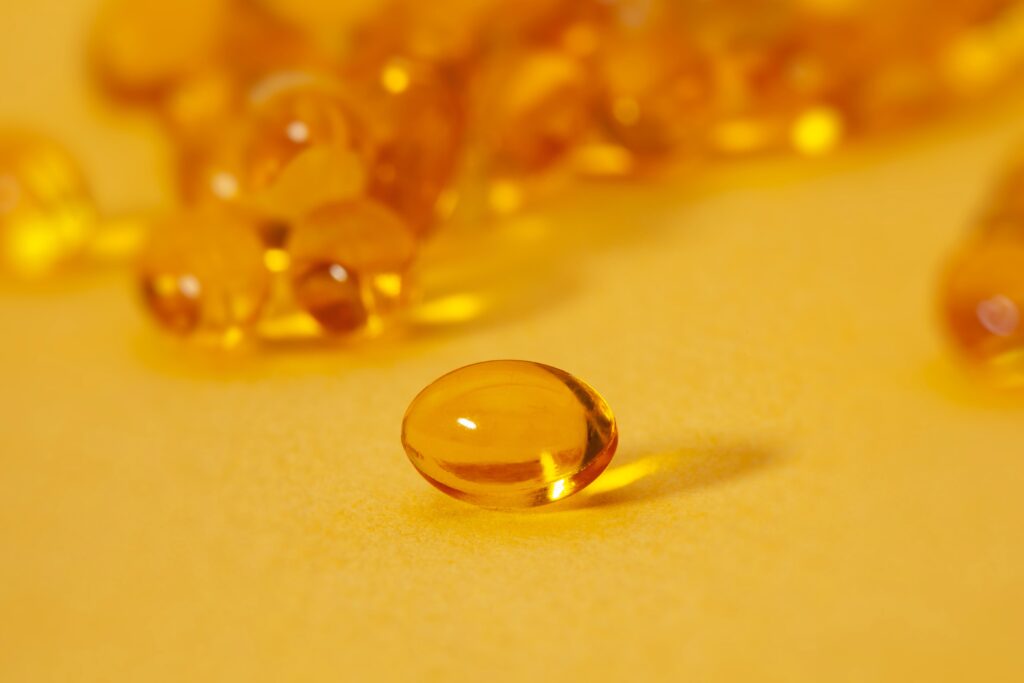Monthly Archives: August 2021
Vitamin D- Are you getting enough? Answered by Certified Health Coach Sofia Klof!
Vitamin D is an essential fat-soluble vitamin. It’s sometimes called the “sunshine vitamin” because our skin makes it when exposed to the sun. It’s also the most common nutrient deficiency.
Like most vitamins, vitamin D has many functions in the body. It’s mostly known for its ability to help build strong bones. But, vitamin D is also important for a healthy immune system, digestive system, heart and mental health, blood sugar regulation, fertility, and resistance to cancer.
How much vitamin D do we need?
To get enough vitamin D from the sun, a general rule is to get about 15–30 minutes of sun between 10:00 a.m. & 3:00 p.m. at least four to five times a week to the face, arms, legs, or back without sunscreen.
When it comes to vitamin D from foods and supplements, in Canada and the US, the Institute of Medicine (IOM) has set target daily amounts. This amount, called the “Recommended Dietary Allowance” (RDA), ensures that at least 97% of people get enough vitamin D every day. Those recommendations are:
- 10 mcg (400 IU) per day for infants under the age of one.
- 15 mcg (600 IU) per day for everyone aged 1-70 years old, including pregnant and lactating women.
- 20 mcg (800 IU) per day for everyone over the age of 70.
What are the sources of vitamin D?
You can get vitamin D in a variety of ways. These can include:
- Being exposed to the sun. About 15-20 minutes three days per week is usually sufficient.
- Through the foods you eat.
- Through nutritional supplements
Common low vitamin D Symptoms:
- Low immunity and getting sick often
- Depression
- Excessive fatigue
- Hormonal imbalance
- Low bone mineral density
My final thoughts are this:
Next time you see your doctor for a check up make sure to ask them if you can check your vitamin D levels, and if you are someone who is constantly feeling fatigued it may be time to make an appointment with your doctor to get your vitamin D levels checked. Also make sure to find food sources that contain vitamin D and to start implementing them in your diet.
Great healthy food sources of vitamin D include:
- Wild Caught Salmon
- Almond Milk
- Orange Juice
- Eggs
- Mushrooms
It’s never too late to start caring about your health.


